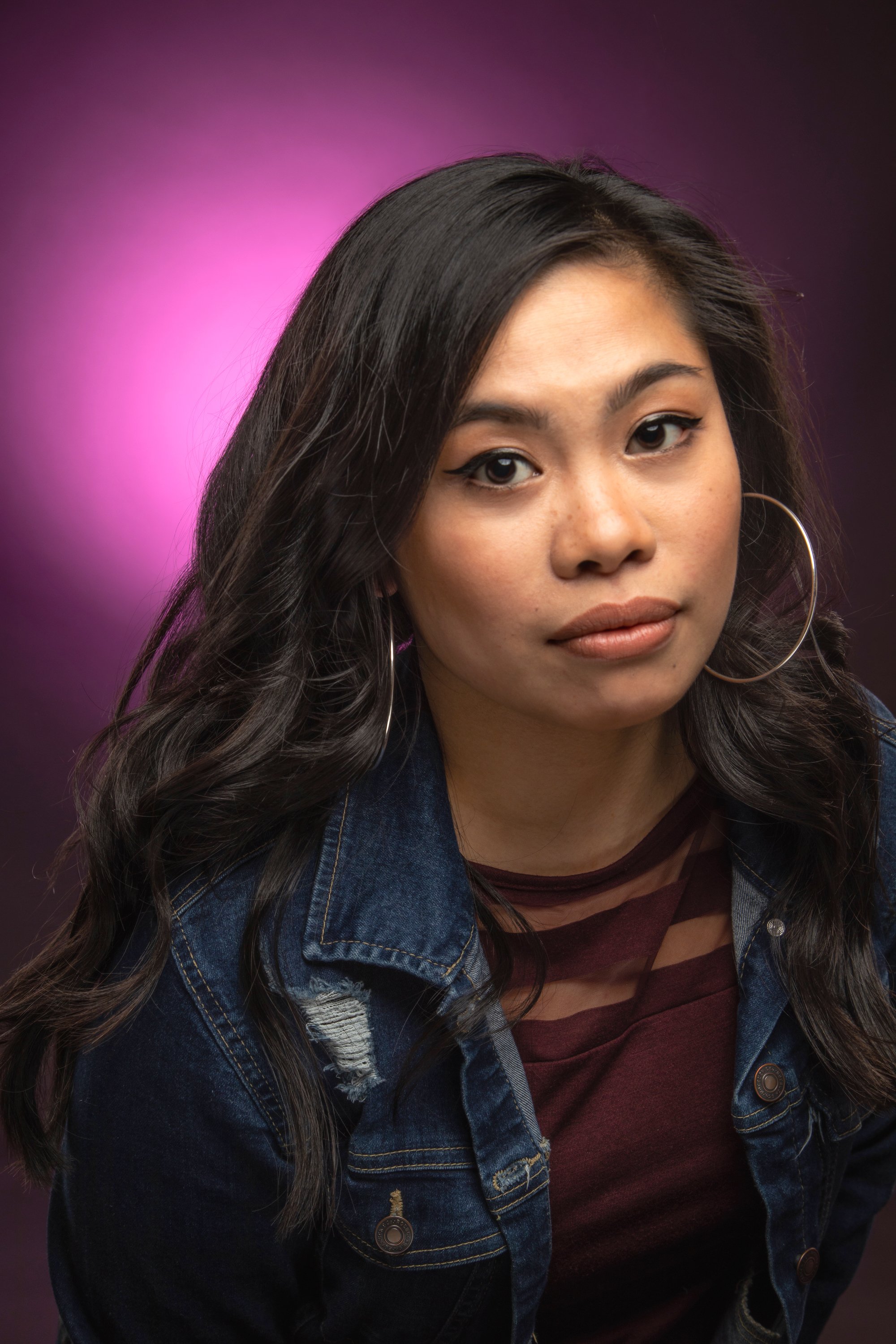Nikki Meñez Named Curatorial Director of San Francisco’s Z Space
Z Space Board of Trustees has named Nikki Meñez (she/they/siya) as the new Curatorial Director of San Francisco's multifaceted performing arts venue for relevant and risk-taking new works. Meñez completes the trifecta of Z Space’s new distributed leadership model consisting of Shafer Mazow as Executive Director and Rose Oser as Interim Producing Director. In their new role, Meñez will head up Z Space’s curated rental program and Subspace, to provide free and low-cost space to artists in need. The three positions each report to the Board of Directors. This distributed leadership model has been in development over the past five years, with support from the O2 Sabbatical Award, the William and Flora Hewlett Foundation, and the Kenneth Rainin Foundation.
Nikki Meñez is a director, choreographer, and arts administrator who is moved to challenge what theater looks like and how stories are told. Born and raised on the Ohlone land of the Bay Area and a graduate of the University of California at Santa Cruz, their greatest joy is as an energetic source of connection, communication, and community amongst arts organizations and creative individuals.
Meñez formerly acted as Program Director for YouthAware Educational Theatre and Casting Associate at the New Conservatory Theatre Center as well as Casting and Outreach Director at Awesome Theatre. Other creative affiliations include Queer Cat Productions, Custom Made Theatre Company, FaultLine Theater, Epic Party Theater, and PianoFight.
The Curatorial Director selection committee was assembled in early 2021. The committee was comprised of the following people: David Herrera, Rotimi Agbabiaka, Debórah Eliezer, Radhika Rao, Stephanie Hunt, Marc Brew, Phil Wong, Jordan Battle, Rose Oser, Shafer Mazow, Colm McNally, Shawn Livermon, and Laura Fallon. It was an intentional mix of artists, staff, and board representing different facets of Z Space, Word for Word, Youth Arts, and the curated rental program. The committee was majority BIPOC and included representation of queer, trans, and people with disabilities.





